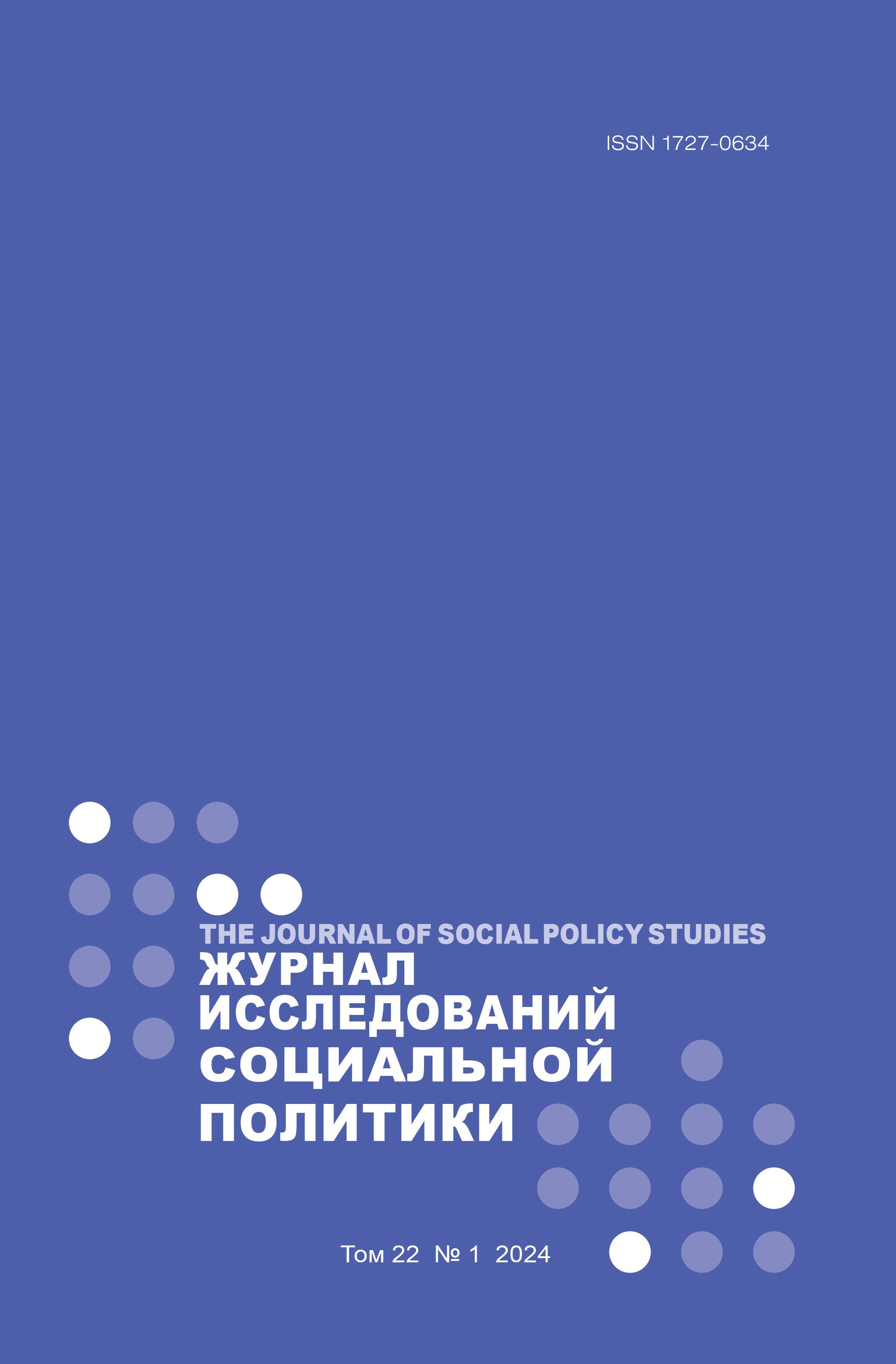Transition to Adulthood in Therapeutic Culture
Abstract
Arriving in Russia at a time of transition to a market economy, therapeutic culture largely defined how people began to live and interpret their material and emotional experience of transition to adulthood in a post-Soviet society. Although therapeutic culture has been actively discussed in academic discourse, the question of how therapeutic culture transforms the cultural model of adulthood remains underresearched. Drawing on Foucault's concept of power / knowledge and Silva’s model of therapeutic selfhood, the author analyzes the specifics of Russian youth’s transition to adulthood in therapeutic culture. The findings are based on a series of semi-structured in-depth interviews with 20- and 40‑year-olds – 'youngest' (18–23 y. o.) and 'oldest' (38–43 y. o.) millennials according to Radaev’s classification – women and men from St. Petersburg and Krasnodar. The interview analysis allowed us to identify the therapeutic narrative as a dominant way of presenting the transition to adulthood and identify control and awareness (power / knowledge in the therapeutic context) as the main categories for formulating the cultural image of adulthood. The author concludes that in the context of therapeutic culture, exercising power / knowledge over the self is inseparable from taking caring for the self.















